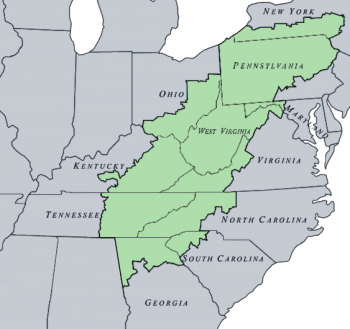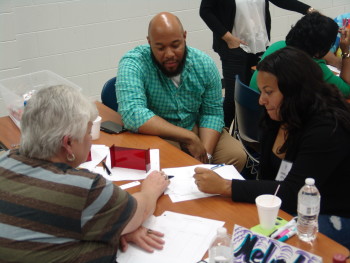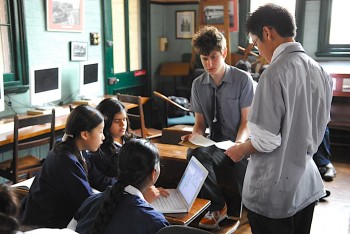Rockman et al Cooperative has evaluated a variety of short- and long-term professional development initiatives, including face-to-face, online, and hybrid or blended formats. Our in-depth examinations include programs designed for teachers of English language arts and literacy, math, science, social studies, and projects seeking to reach underserved schools and English Learners.
We welcome the opportunity to discuss your project with you and to provide you with more information about our tailored services. Please Contact Us to schedule a free 30-minute Q&A session with a consultant.




